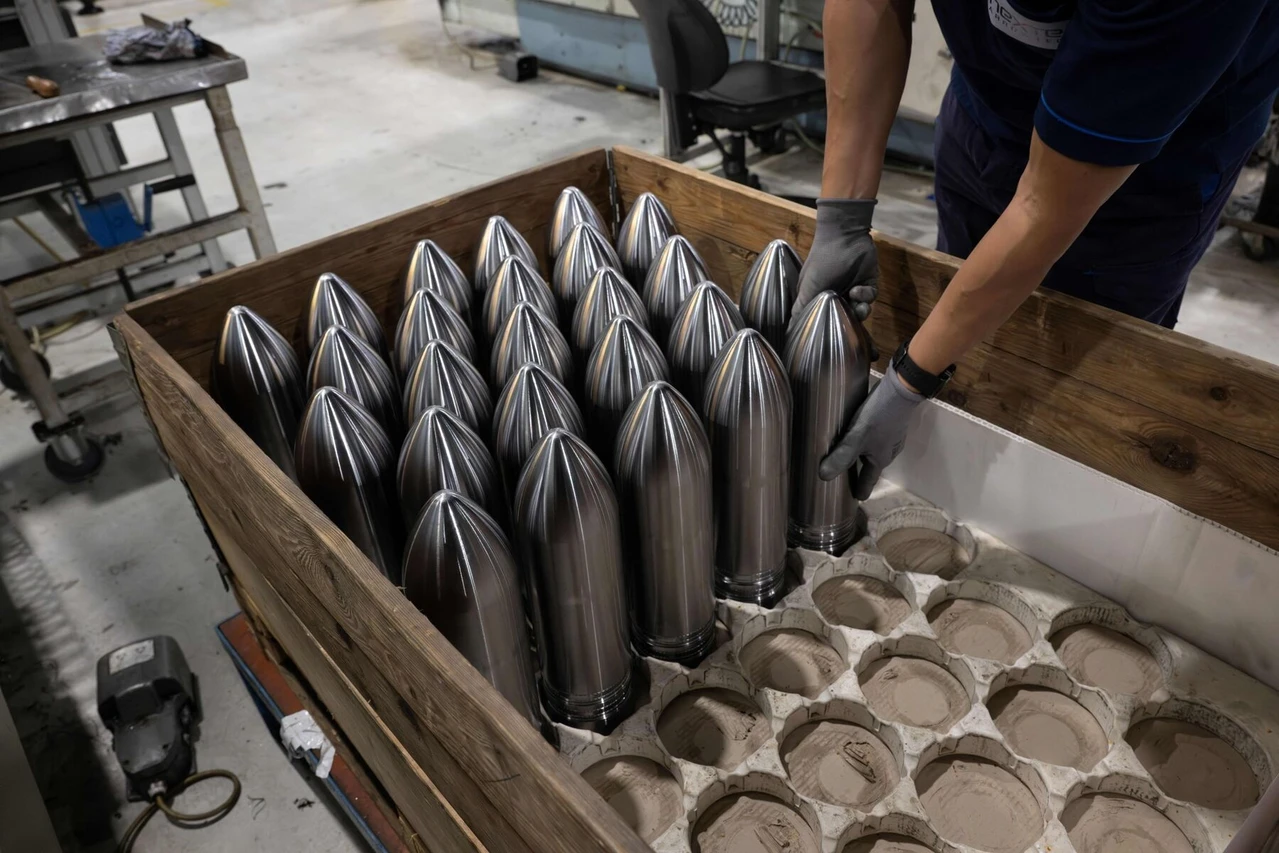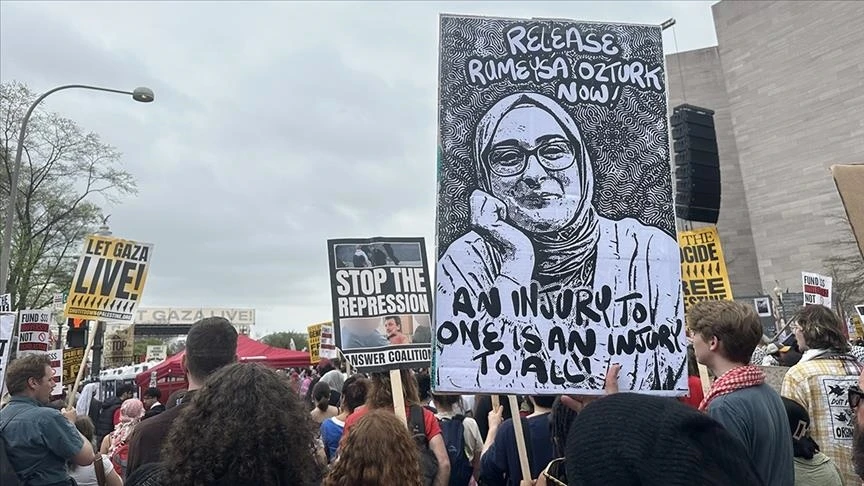Baltics join the ammunition race
 120mm shells production.Photographer: John Thys/Getty Images
120mm shells production.Photographer: John Thys/Getty Images
With a shortage of mortar shells in reserves across Europe, Lithuania, Latvia, and Estonia are establishing their own ammunition factories to be prepared in case of a potential attack from Russia.
The three Baltic states, located on the edge of the European Union and sharing borders with Russia, consider defense a key concern, especially since Russian President Vladimir Putin launched a full-scale attack on Ukraine in February 2022.
Defense spending and preparedness
According to NATO statistics, the defense spending of these three states greatly exceeded the minimum 2% of GDP in 2023, and it is expected to rise this year. Despite being exemplary NATO member states with deployed NATO forces, their military commands and governments believe more needs to be done to prepare for a potential conflict.
In addition to government investments, the European Commission and German arms manufacturer Rheinmetall will also contribute to the project.
Importance of ammunition
Ammunition is considered a crucial factor in a long-run conflict that helps withstand an attack. The war in Ukraine has depleted the ammunition reserves of many E.U. countries, which are strong supporters of Kyiv. The increased demand for ammunition has led to a shortage of supplies in the E.U. Indrek Sirp, an adviser to Estonia’s Defense Ministry, emphasized the importance of ammunition.
“You can have a proud force and many weapons, but if you have nothing to use them with, then at some point the weapons will no longer be of any use,” Sirp told Deutsche Welle. He added that to be “believably ready” to defend one’s country, ammunition is needed not just for a couple of days but for much longer.
War of interests within war
France, Greece, and Greek Cypriot administration have blocked a decision to purchase ammunition for Ukraine outside the bloc, especially from Türkiye, Politico reported on Feb. 16 citing European diplomats. These three countries blocked financing for Turkish-made Bayraktar drones and artillery shells for Ukraine, which were to be purchased with European funds.
Greek media reported that the three countries vetoed the proposal during a meeting of the E.U.’s Political and Security Committee, despite support from the majority of member states.



